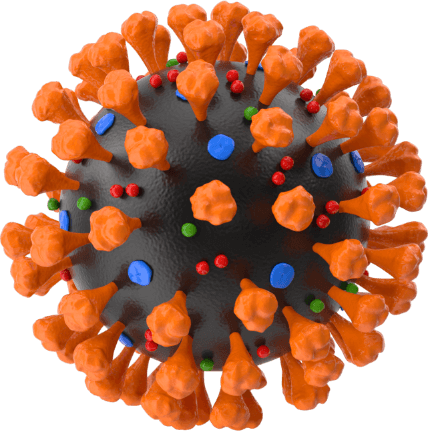General knowledge from the Center for Disease Control & Prevention
Q&A on coronaviruses COVID-19
What is a coronavirus?
Coronaviruses are a large family of viruses which may cause illness in animals or humans. In humans, several coronaviruses are known to cause respiratory infections ranging from the common cold to more severe diseases such as Middle East Respiratory Syndrome (MERS) and Severe Acute Respiratory Syndrome (SARS). The most recently discovered coronavirus causes coronavirus disease COVID-19.
What is Covid-19?
COVID-19 is a new disease, caused by a novel (or new) coronavirus that has not previously been seen in humans. Because it is a new virus, scientists are learning more each day. Although most people who have COVID-19 have mild symptoms, COVID-19 can also cause severe illness and even death. Some groups, including older adults and people who have certain underlying medical conditions, are at increased risk of severe illness.
Why is it being called COVID-19
On February 11, 2020 the World Health Organization announced an official name for the disease that is causing the 2019 novel coronavirus outbreak, first identified in Wuhan China. The new name of this disease is coronavirus disease 2019, abbreviated as COVID-19. In COVID-19, “CO” stands for corona, “VI” for virus, and ”D” for disease. Formerly, this disease was referred to as “2019 novel coronavirus” or “2019-nCoV.”
How to get tested
You can visit your local health department’s website to look for the latest local information on testing.
If you have symptoms of COVID-19 and want to get tested, call your healthcare provider first.
What are the symptoms of Covid-19?
People with COVID-19 have had a wide range of symptoms reported – ranging from mild symptoms to severe illness. Symptoms may appear 2-14 days after exposure to the virus. People with these symptoms may have COVID-19:
Fever or chills
Cough
Shortness of breath or difficulty breathing
Fatigue
Muscle or body aches
Headache
New loss of taste or smell
Sore throat
Congestion or runny nose
Nausea or vomiting
Diarrhea
How does covid-19 spread?
COVID-19 is thought to spread mainly through close contact from person to person, including between people who are physically near each other (within about 6 feet). People who are infected but do not show symptoms can also spread the virus to others. Cases of reinfection with COVID-19 have been reported but are rare. We are still learning about how the virus spreads and the severity of illness it causes.
What does it mean to self-quarantine?
Self-quarantine is an important measure taken by those who have COVID-19 symptoms or whom have tested positive to avoid infecting others in the community, including family members.
Self-quarantining is when a person who is experiencing COVID-19 symptoms stays at home, does not go out and does not go to work,



